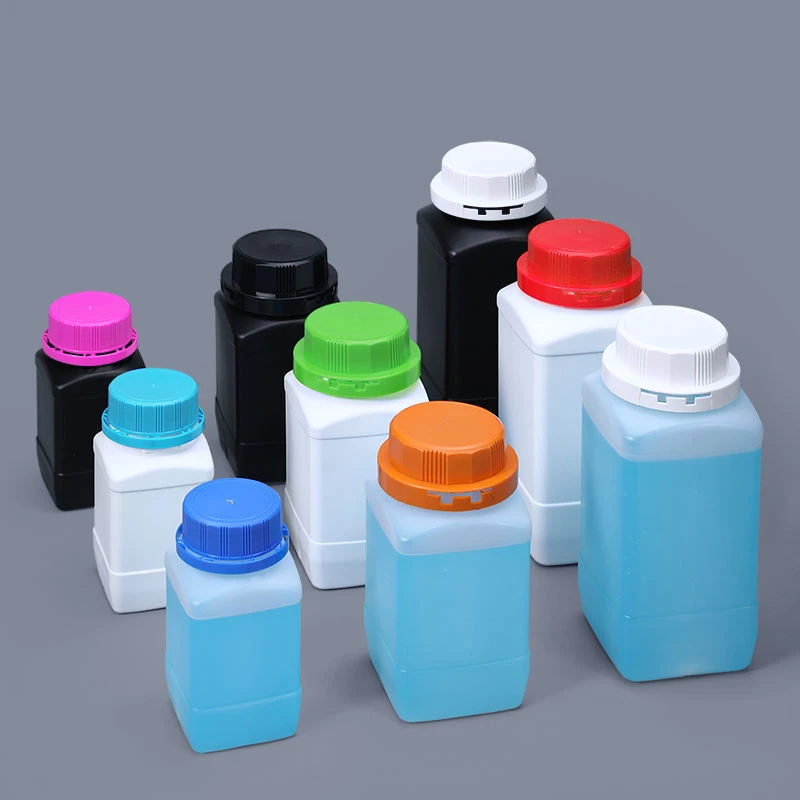pet beverage bottles
The Rise of Pet Beverage Bottles A Sustainable Solution
In recent years, the beverage industry has witnessed a notable transformation, particularly in the packaging sector. One of the key players in this shift is PET (polyethylene terephthalate) beverage bottles, revered for their versatility, lightweight nature, and recyclability. As concerns about environmental sustainability grow, PET bottles are becoming increasingly popular for several reasons.
The Advantages of PET Bottles
PET bottles are celebrated for their practicality in packaging. They are lightweight and shatterproof, making them an ideal choice for transporting beverages. This durability reduces the risk of breakages during distribution, which is a significant advantage for manufacturers. Moreover, PET can be produced in various shapes and sizes, accommodating a wide range of beverages, from soft drinks and water to juices and sauces.
One of the remarkable features of PET bottles is their recyclability. Recycled PET (rPET) can be utilized to create new bottles, textiles, and other products. This closed-loop system not only minimizes waste but also conserves the resources required for producing new materials. The recycling process requires less energy and generates fewer greenhouse gas emissions compared to the production of virgin PET. As a result, businesses prioritizing sustainable practices are turning to PET bottles as a more eco-friendly option.
Environmental Impact and Consumer Awareness
The use of PET bottles also aligns with the growing consumer demand for sustainable packaging solutions. With the rise of environmental consciousness, many consumers are becoming more aware of the impact their choices have on the planet. Brands that adopt environmentally responsible practices, such as using PET bottles, appeal to this eco-conscious demographic.
Various initiatives and educational campaigns have contributed to increased consumer awareness around recycling. Programs encouraging consumers to recycle PET bottles help foster a culture of sustainability. In some regions, incentives are provided for returning bottles, ensuring that they are recycled properly. Such efforts not only reinforce responsible consumer behavior but also increase the recycling rates of PET bottles, thereby reducing plastic waste in landfills.
pet beverage bottles

Innovation in PET Bottle Production
Innovation plays a crucial role in enhancing the sustainability of PET beverage bottles. The development of plant-based PET, made from renewable resources, offers an intriguing alternative to conventional petroleum-based plastics. This bioplastic not only reduces the carbon footprint associated with production but also provides a new pathway for the beverage industry to minimize its environmental impact.
Moreover, technological advancements are making it easier for companies to produce thinner and lighter PET bottles without compromising strength. By optimizing design and manufacturing processes, companies can reduce the amount of plastic used while maintaining the quality and safety of the product. This innovation translates into less plastic waste and lower energy consumption in the production phase.
Challenges and the Future of PET Bottles
Despite the obvious advantages of PET bottles, challenges remain. The global reliance on single-use plastics has led to pollution and waste management issues, and PET bottles are often included in this conversation. Transitioning entirely to sustainable alternatives is complex, but it is essential for addressing environmental concerns.
The future of PET beverage bottles lies in continuous innovation and commitment to sustainability. As the industry moves towards circular economy models, these bottles can become an integral part of waste reduction strategies. Encouraging brands to adopt more sustainable practices, investing in advanced recycling technologies, and expanding consumer education on responsible disposal can pave the way for a greener future.
In conclusion, PET beverage bottles represent a crucial element in the pursuit of sustainable packaging solutions. Their recyclability, lightweight nature, and continuous innovation make them a preferred choice in the industry. As consumers increasingly demand environmentally friendly products, the beverage industry must embrace and invest in sustainable practices to sculpt a solid foundation for future generations. By prioritizing the development and adoption of PET bottles as a sustainable solution, we can significantly reduce our environmental footprint and foster a more responsible approach to consumption.
-
Aesthetic Makeup Spray Bottles | Fine Mist Empty RefillableNewsAug.19,2025
-
White Plastic Veterinary Vaccine Vials | Lab Liquid BottlesNewsAug.18,2025
-
Plastic Medicine Liquid Bottle: Secure Flip Top Drug VialsNewsAug.17,2025
-
Durable 250ml Blue Plastic Vaccine Vial for Lab & Vet UseNewsAug.16,2025
-
Sterile Virus Sample Tubes: Secure & Reliable Specimen CollectionNewsAug.15,2025
-
White 250ml Plastic Vaccine Vial for Lab & Vet MedicineNewsAug.14,2025
























